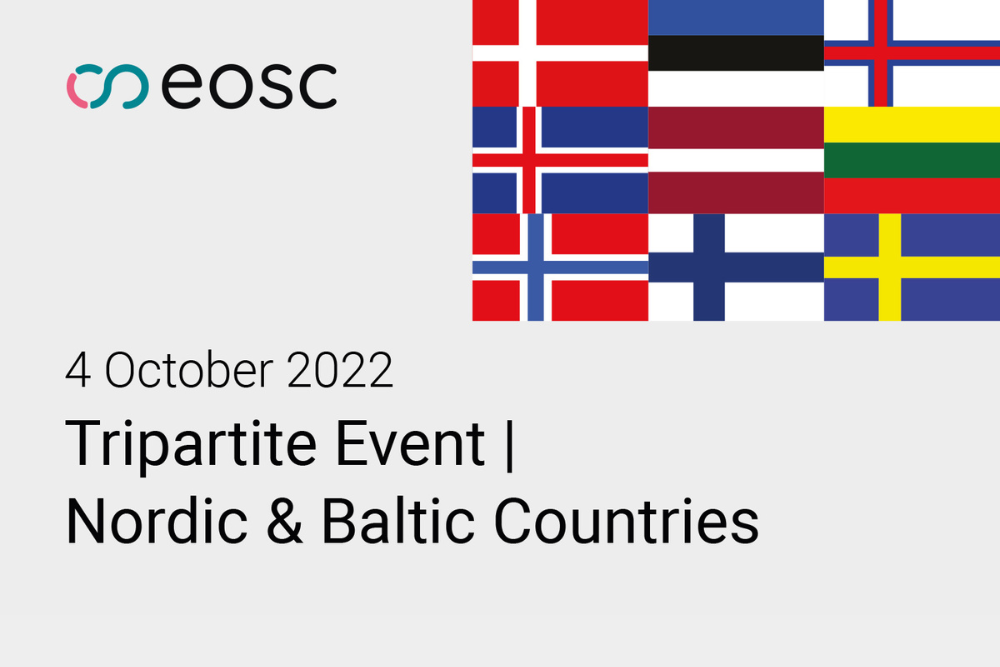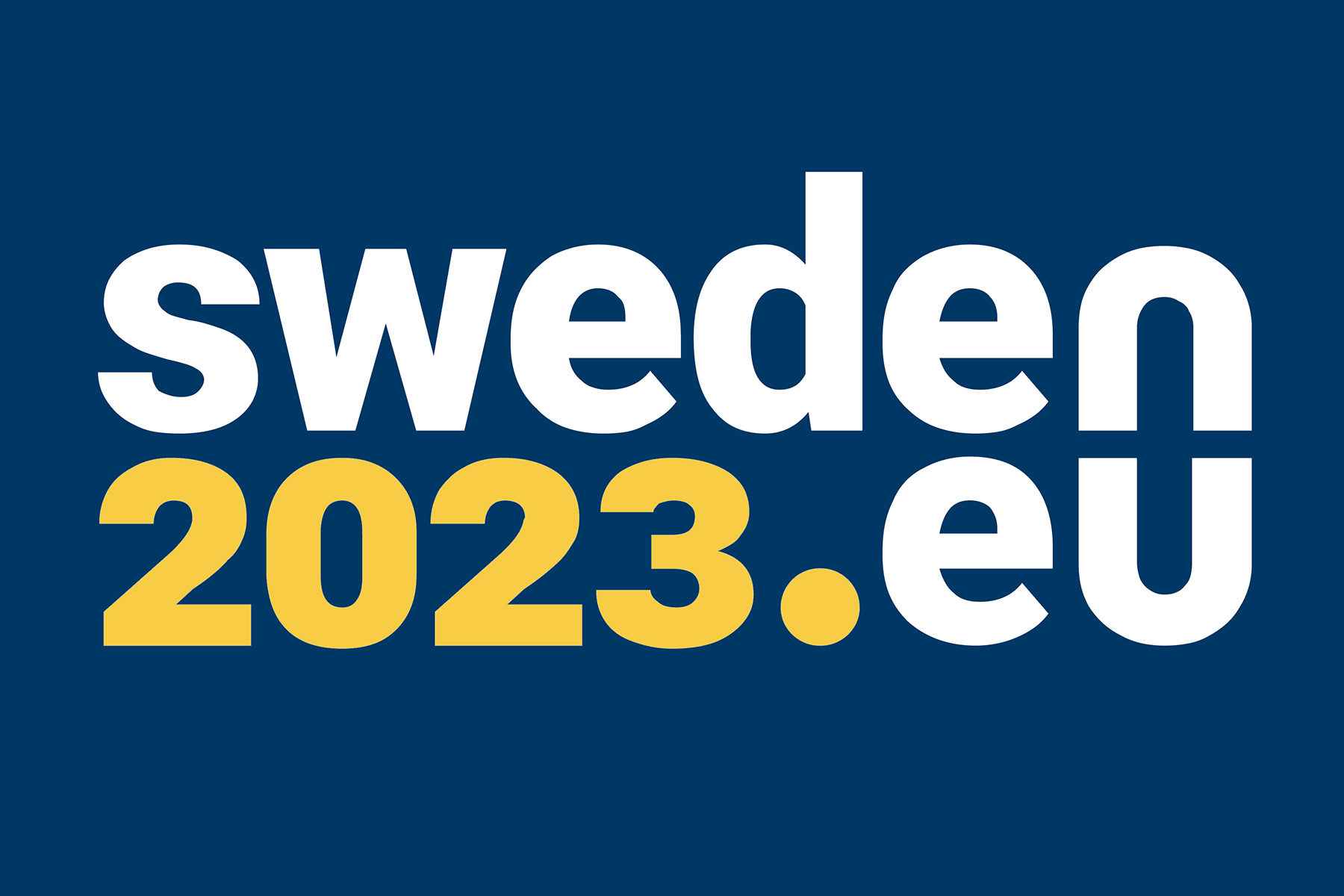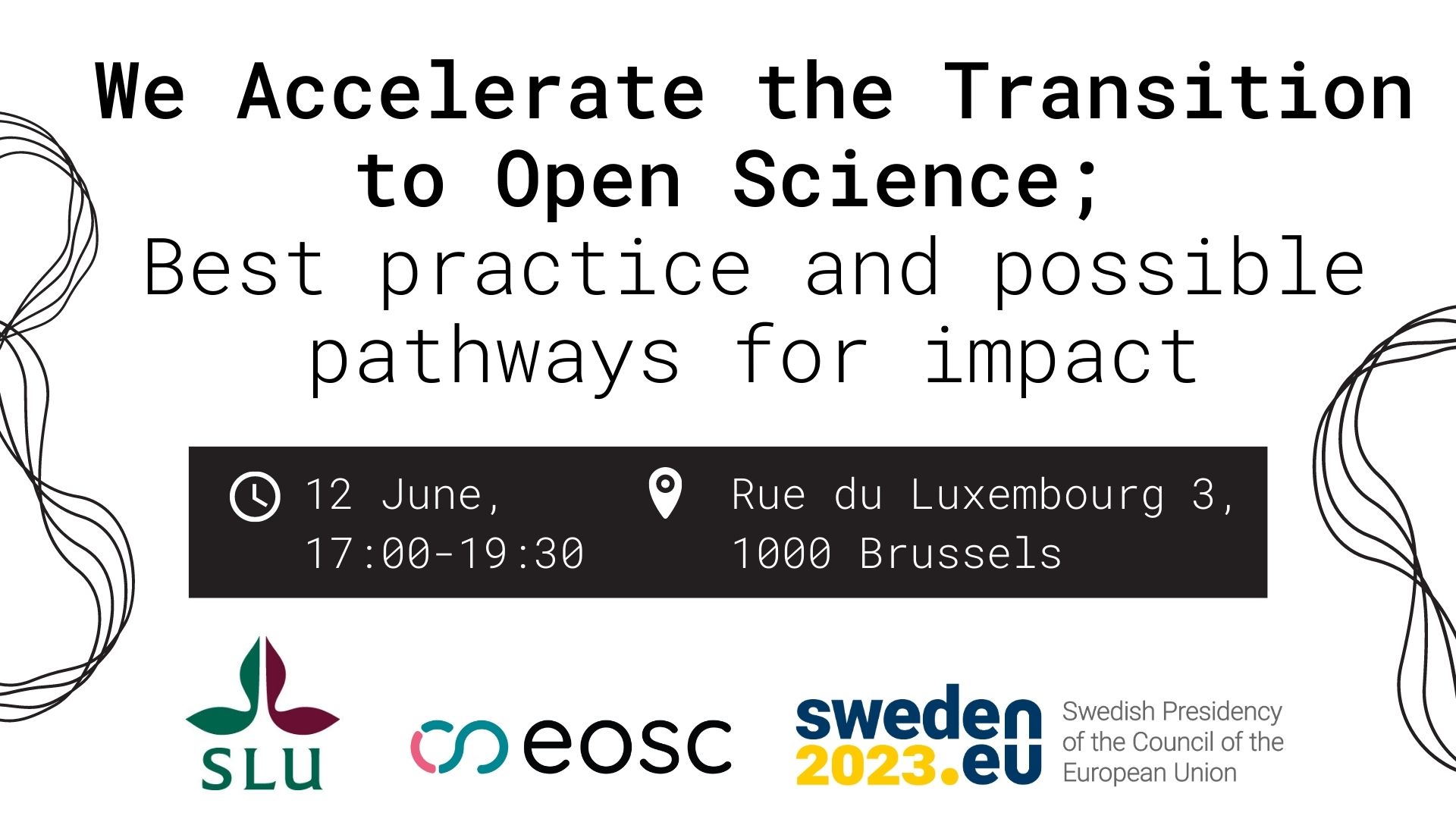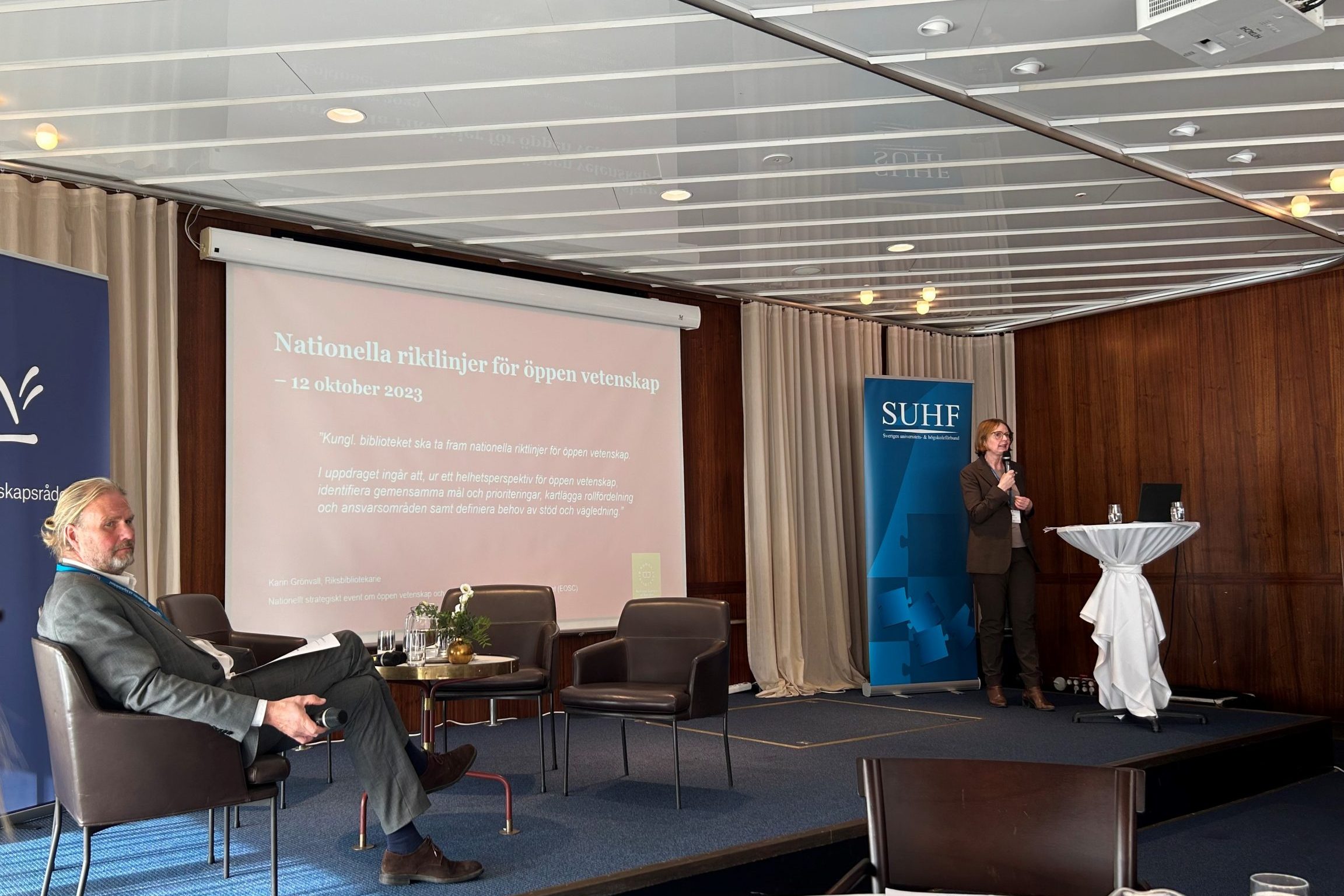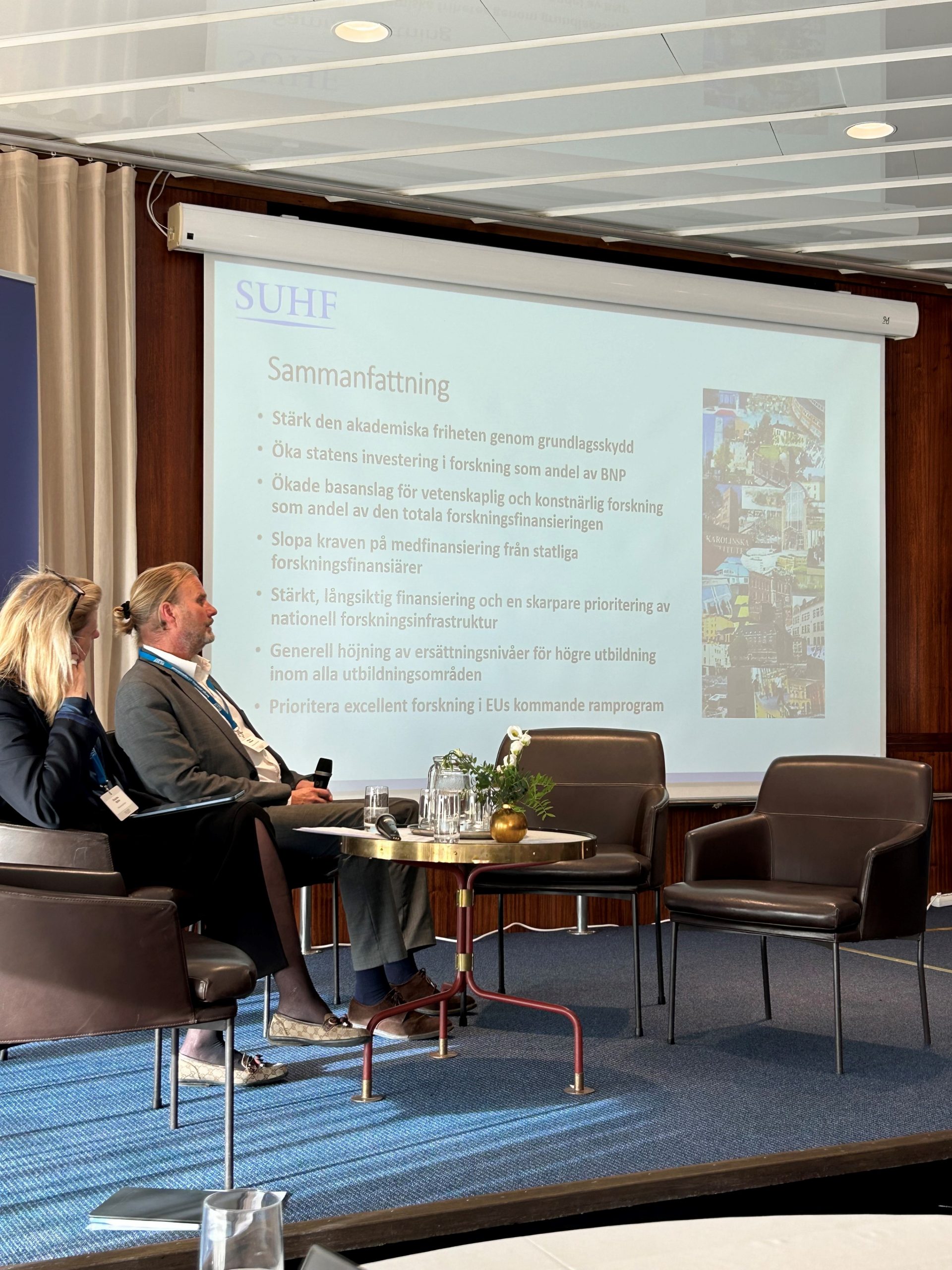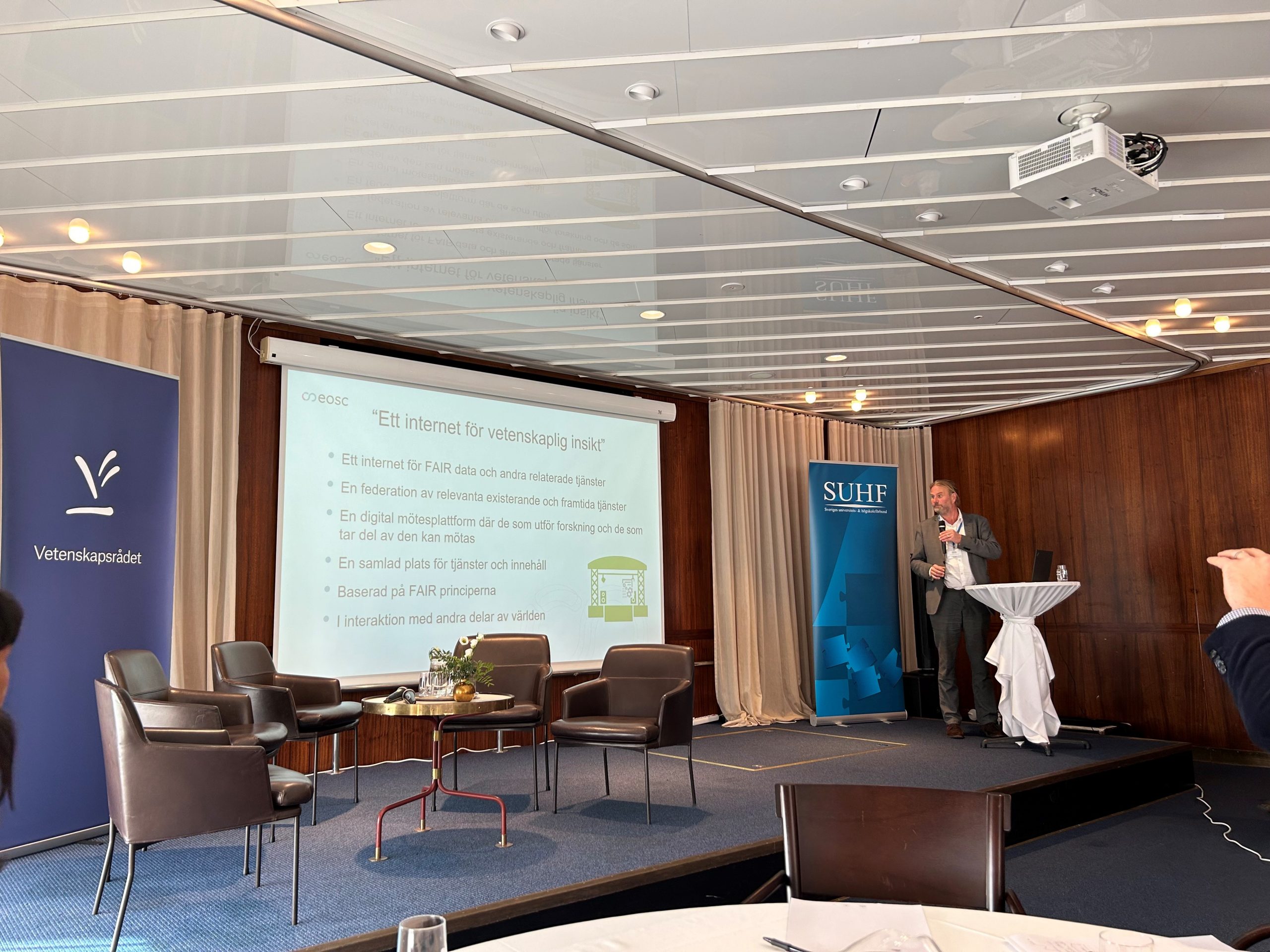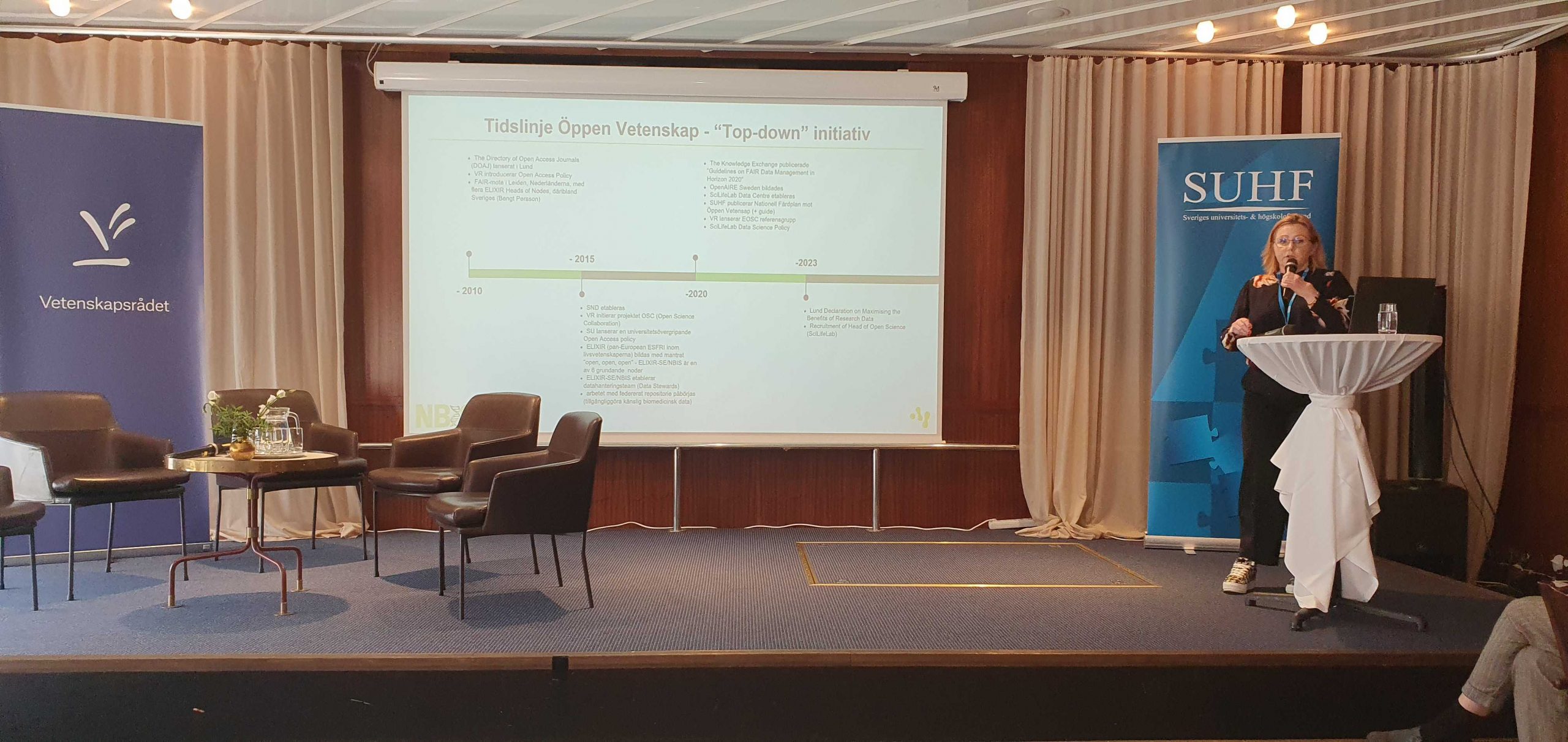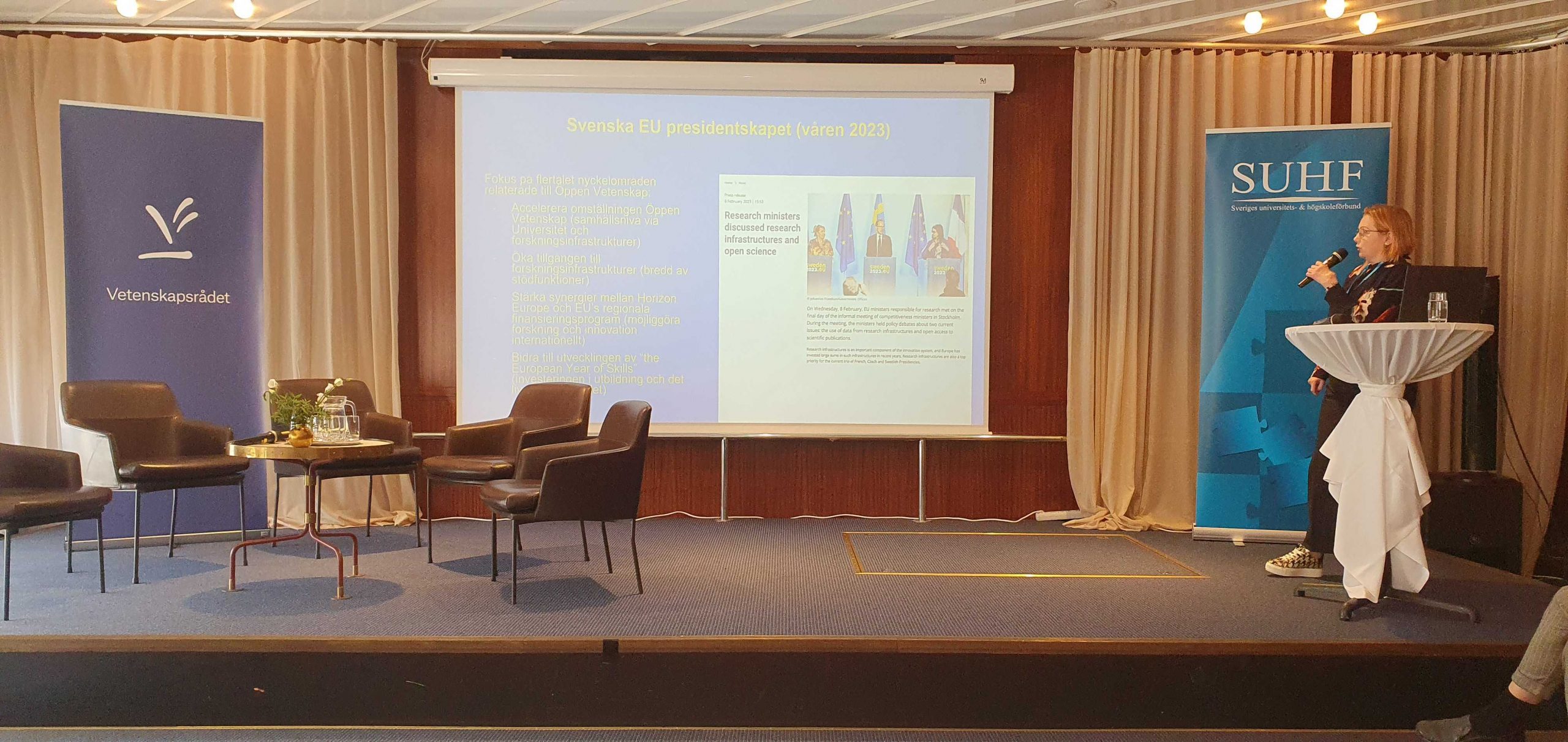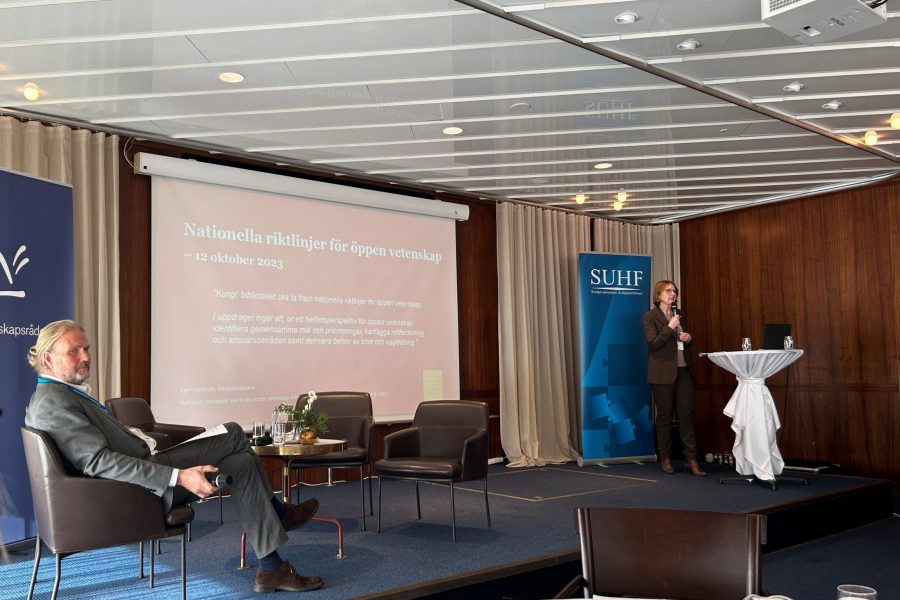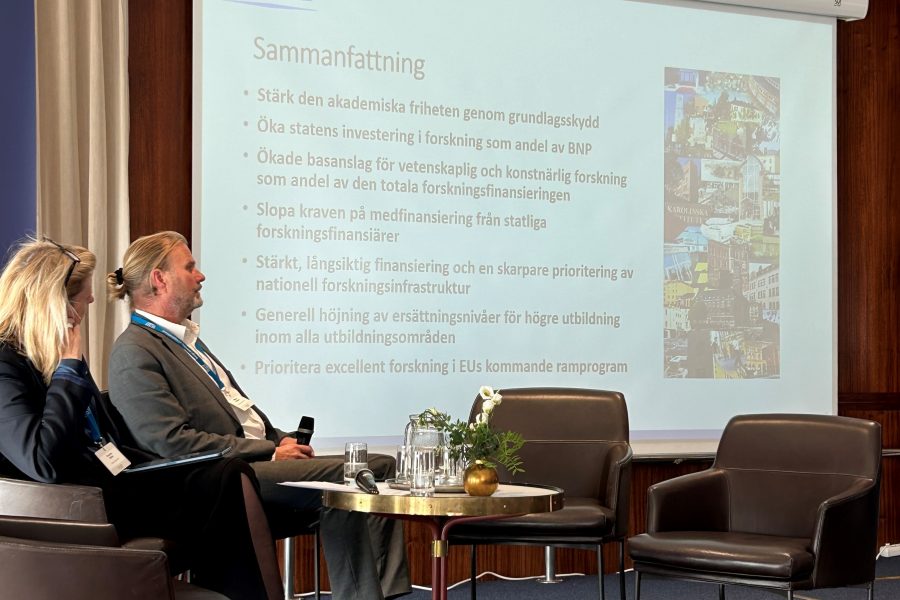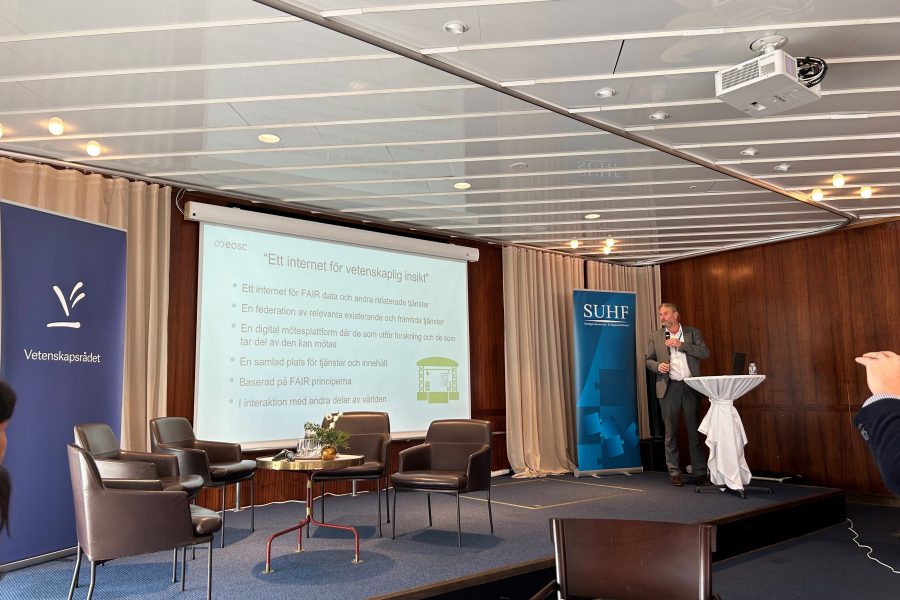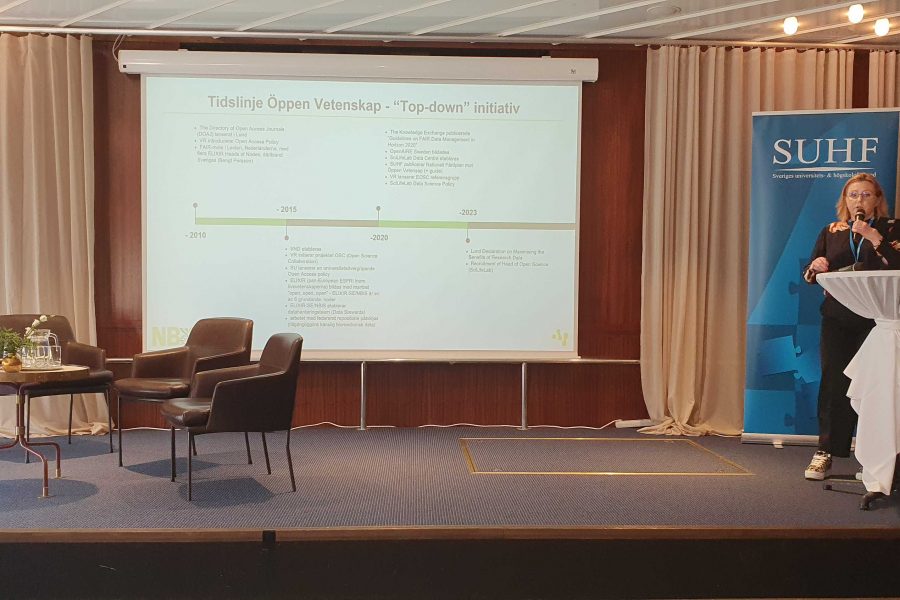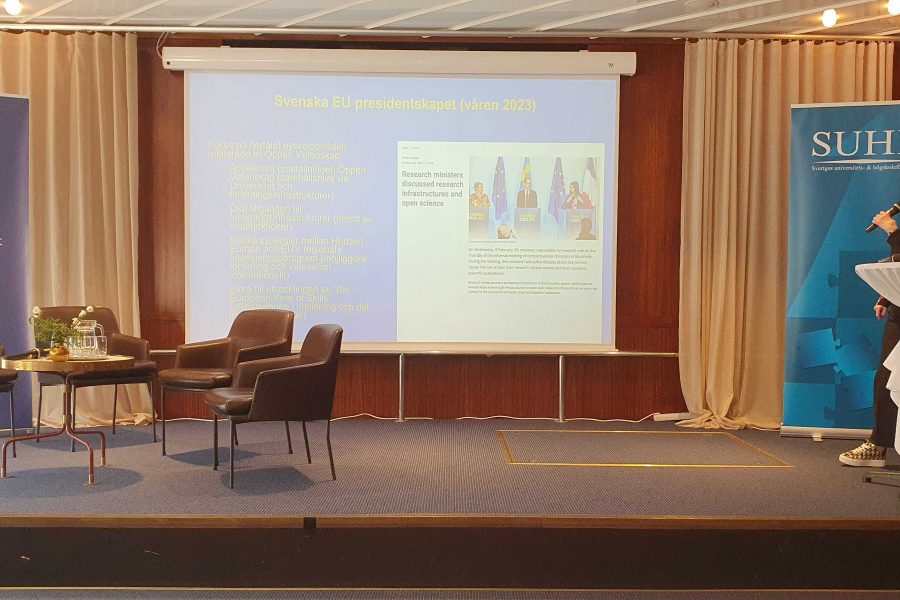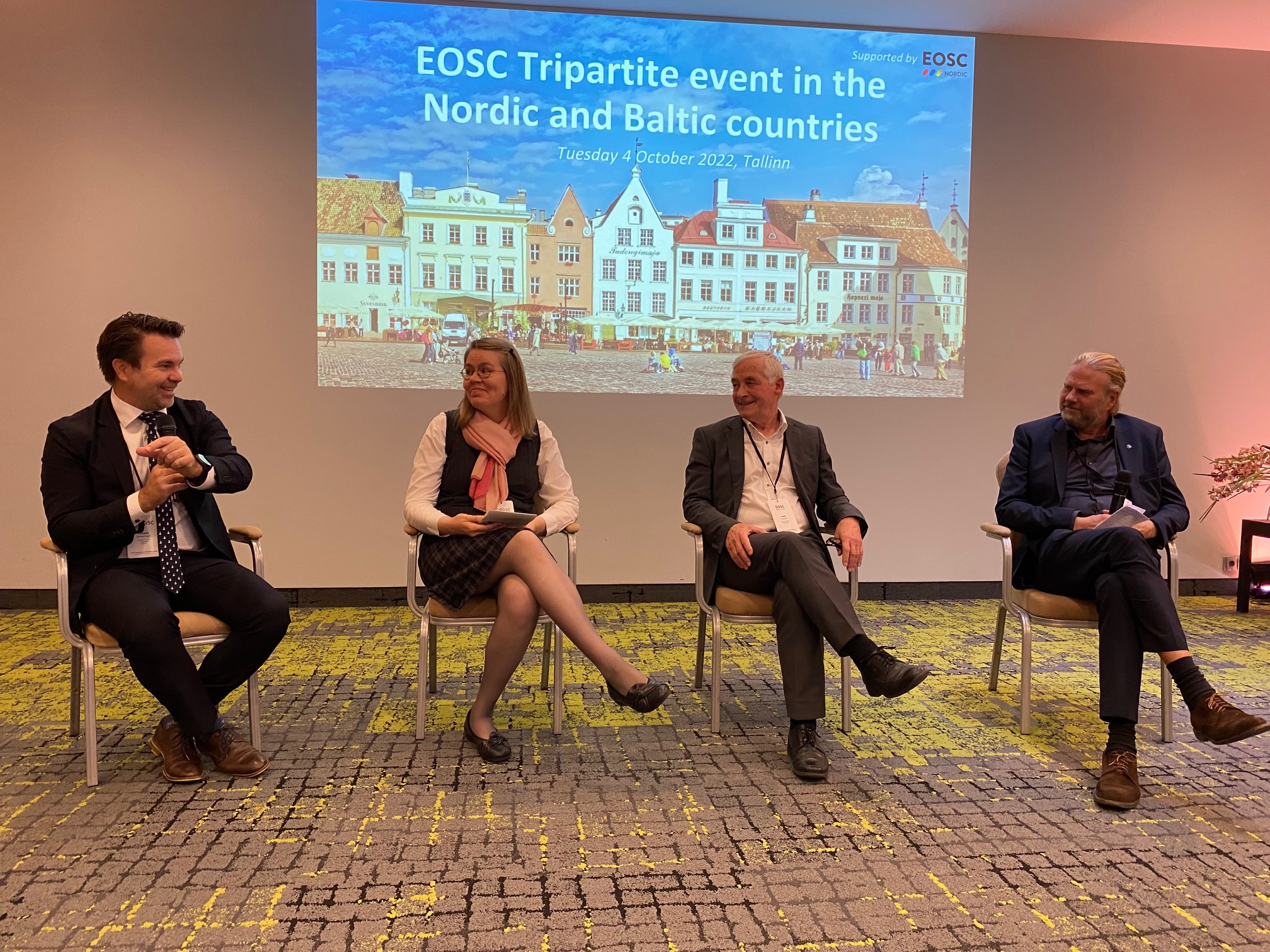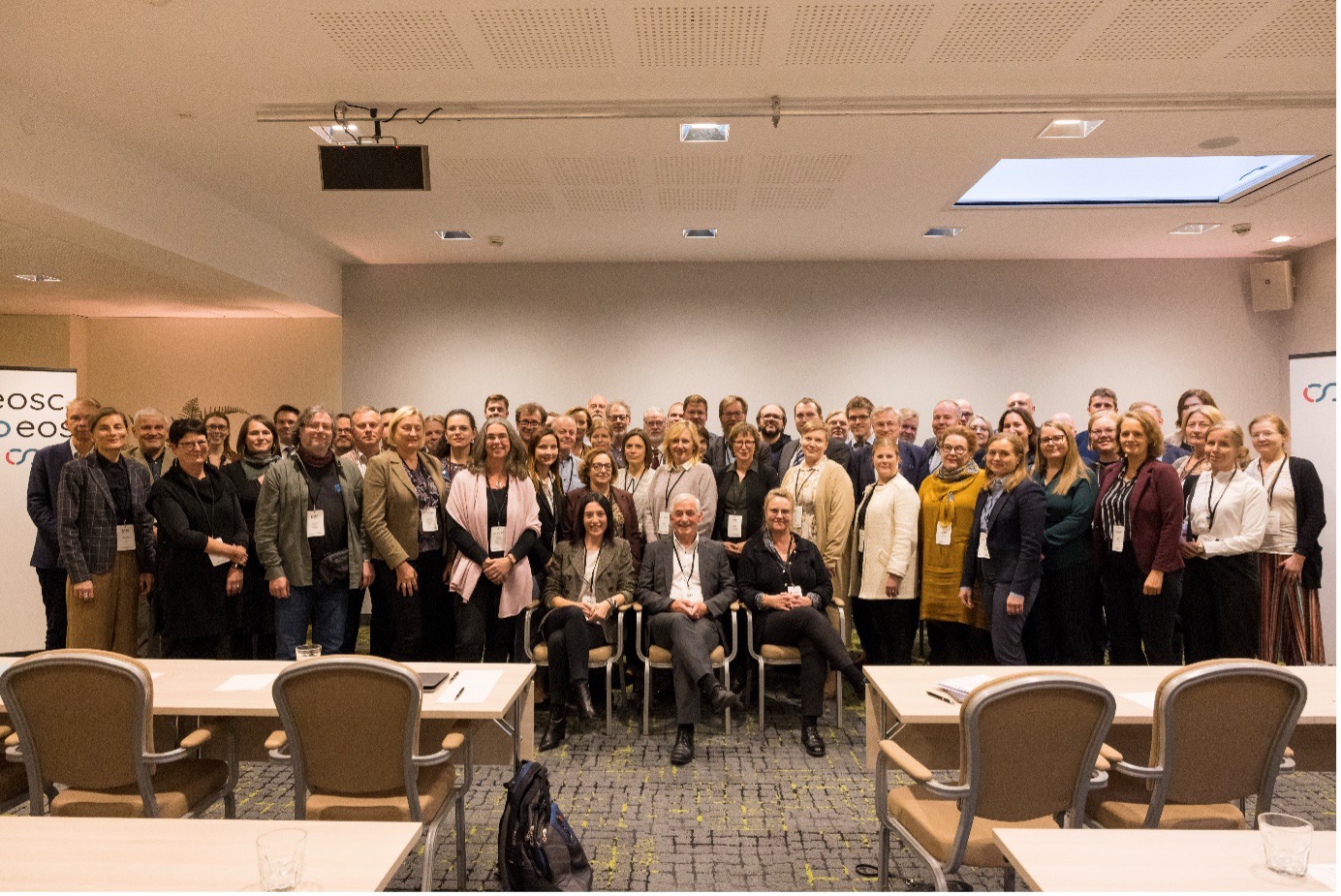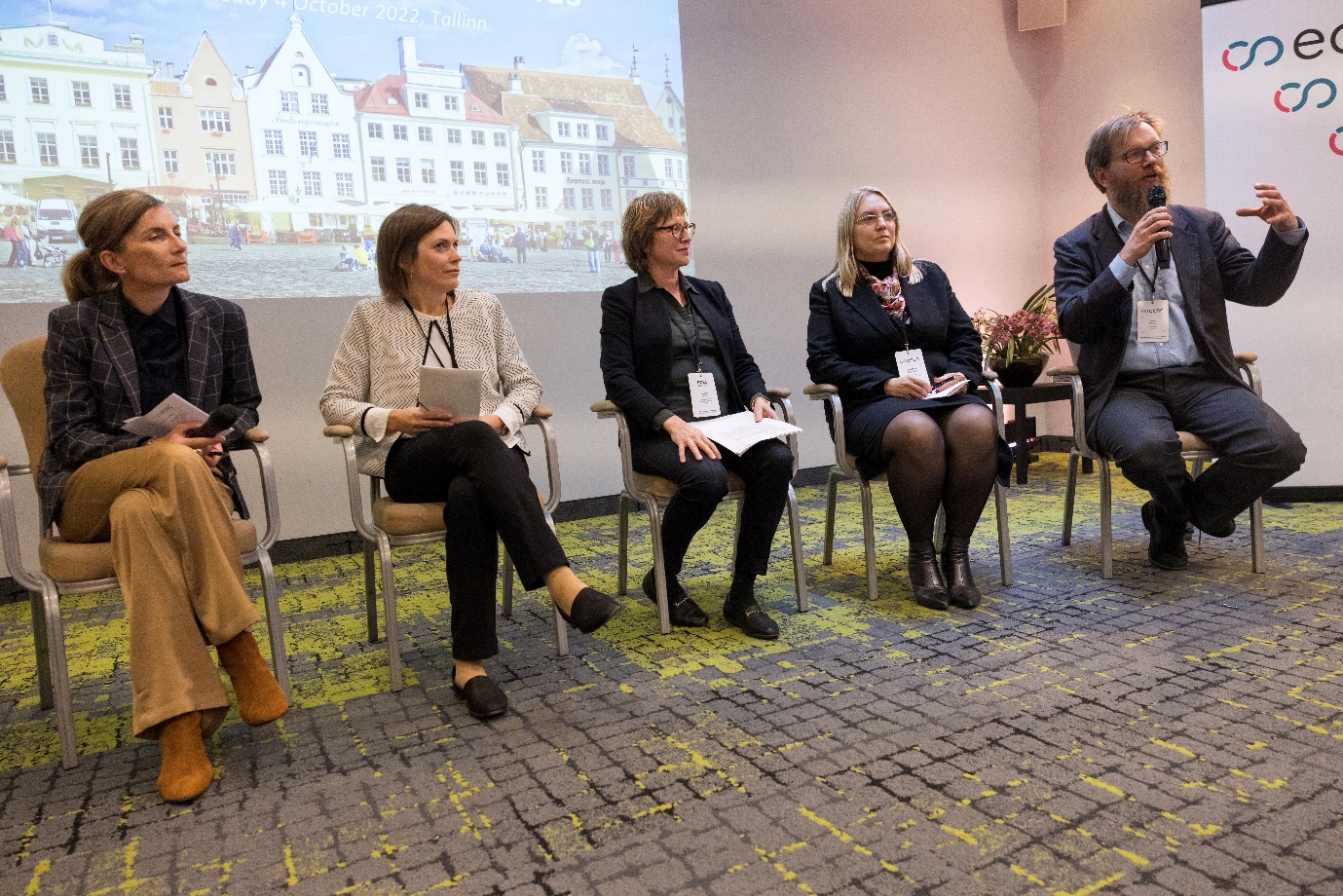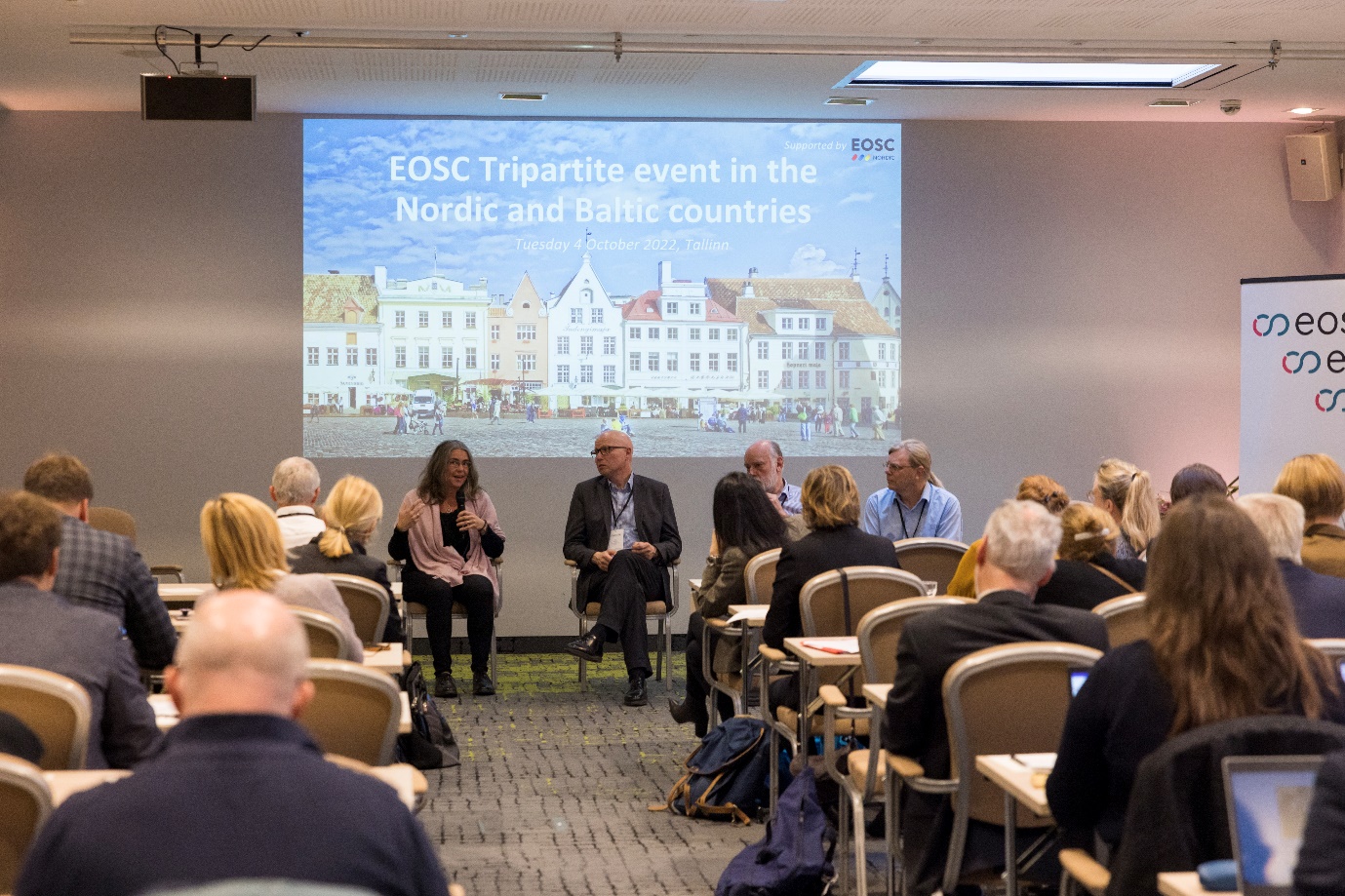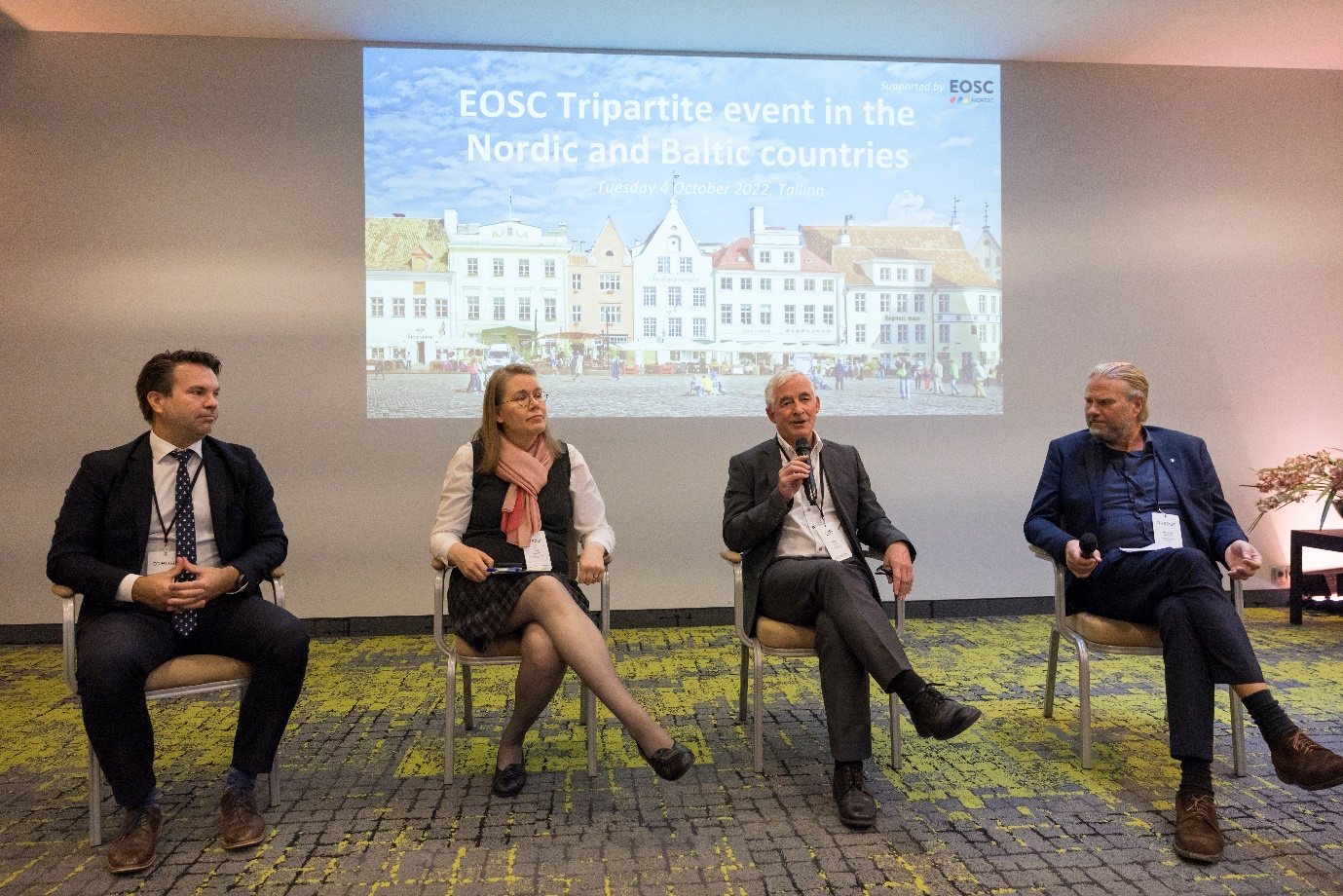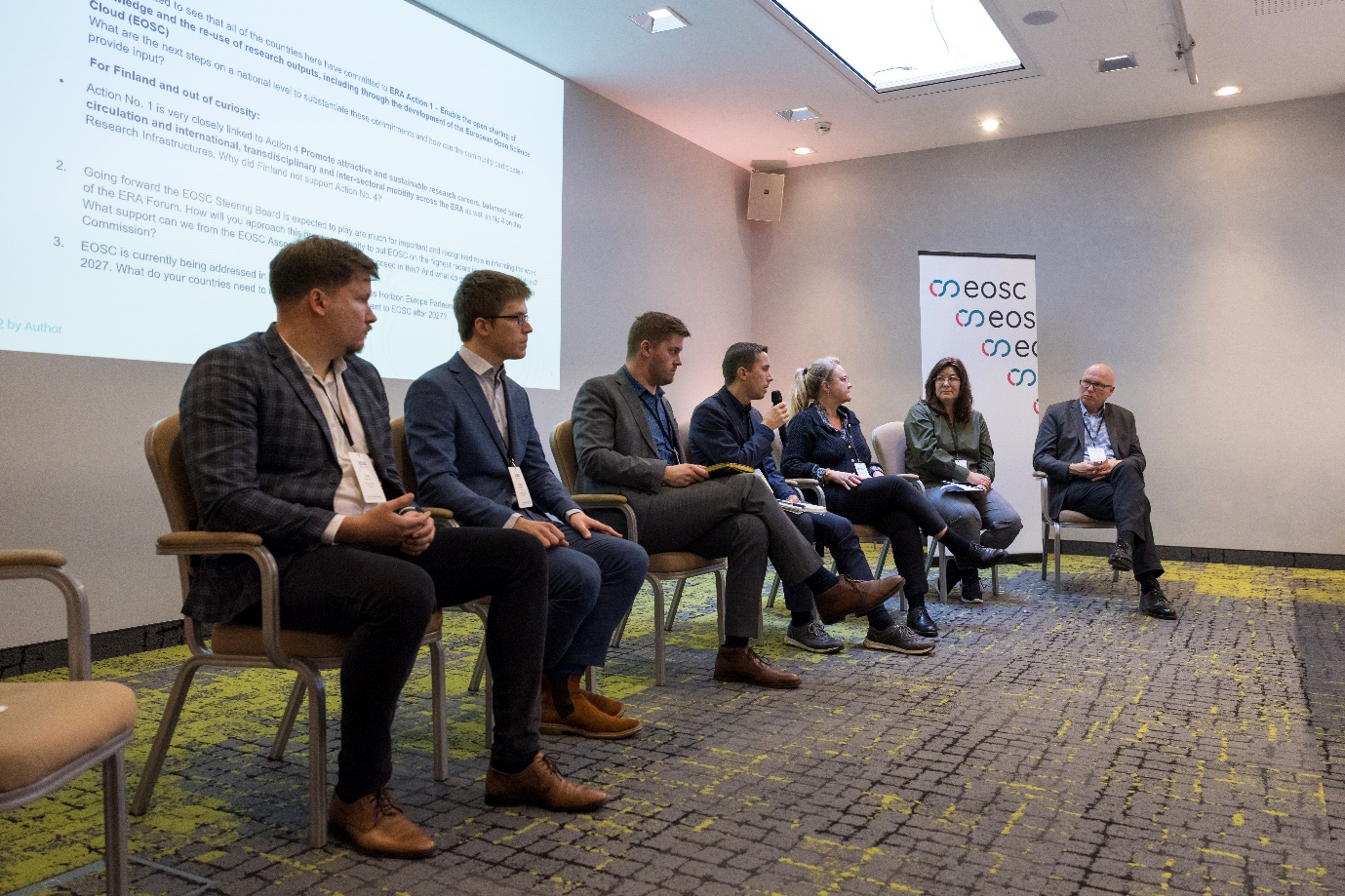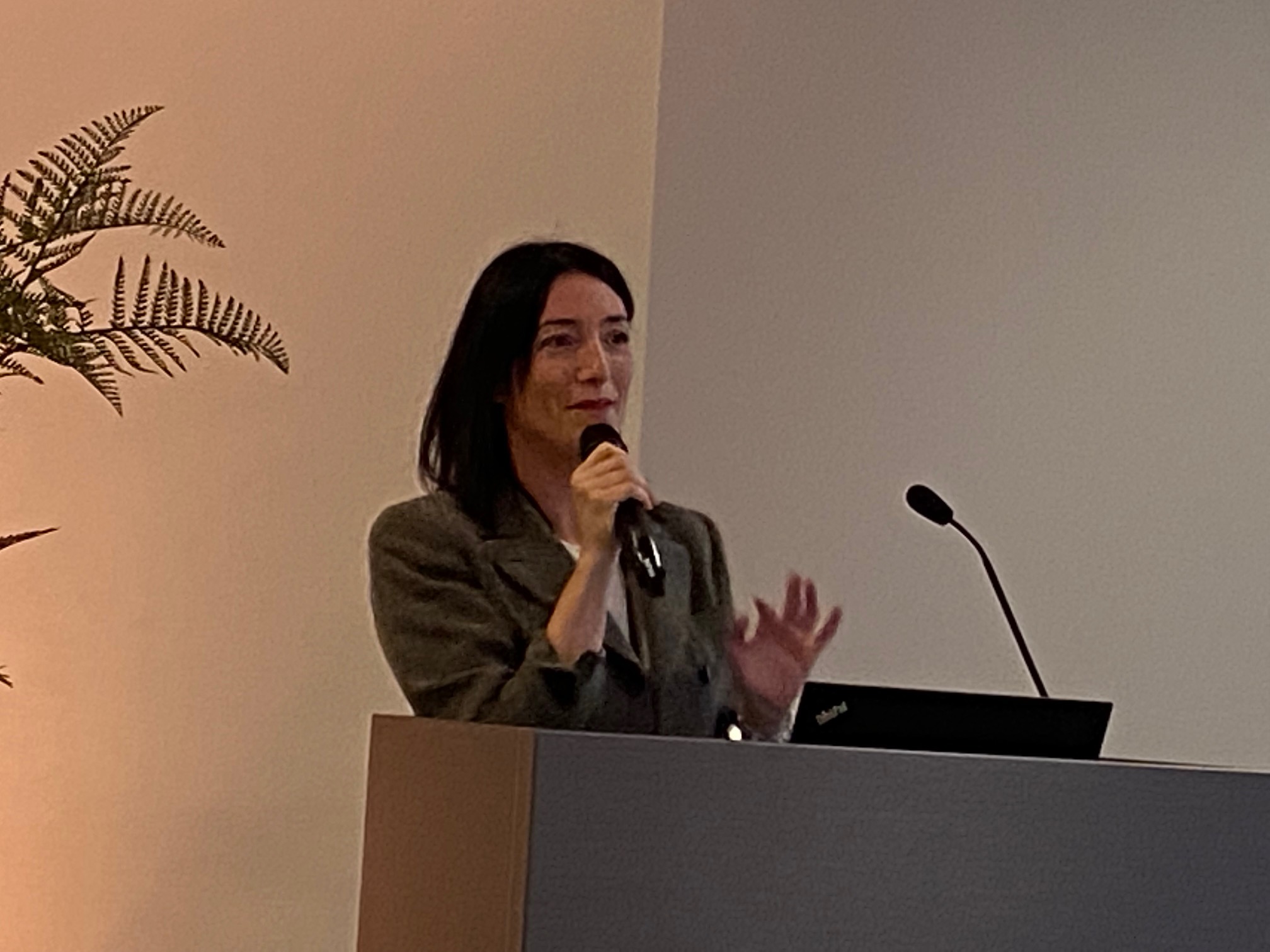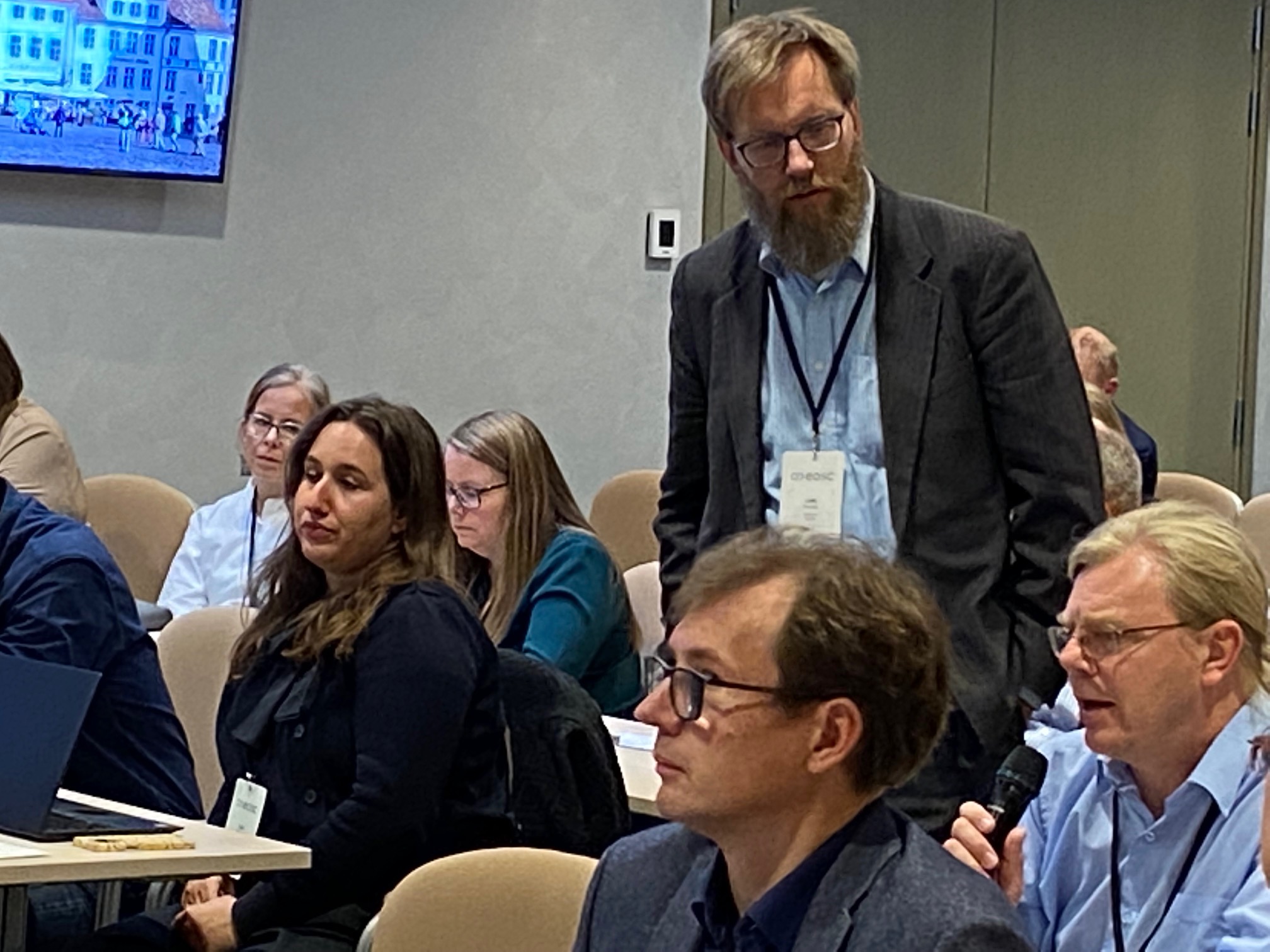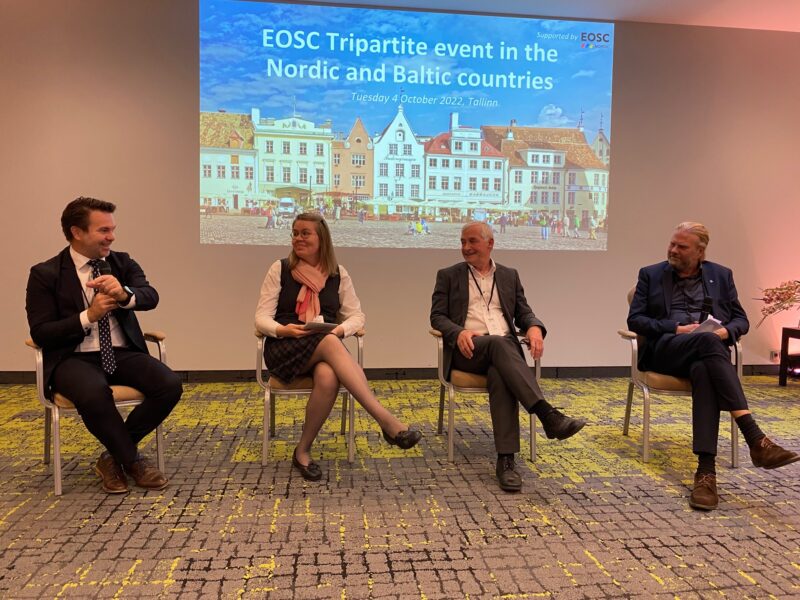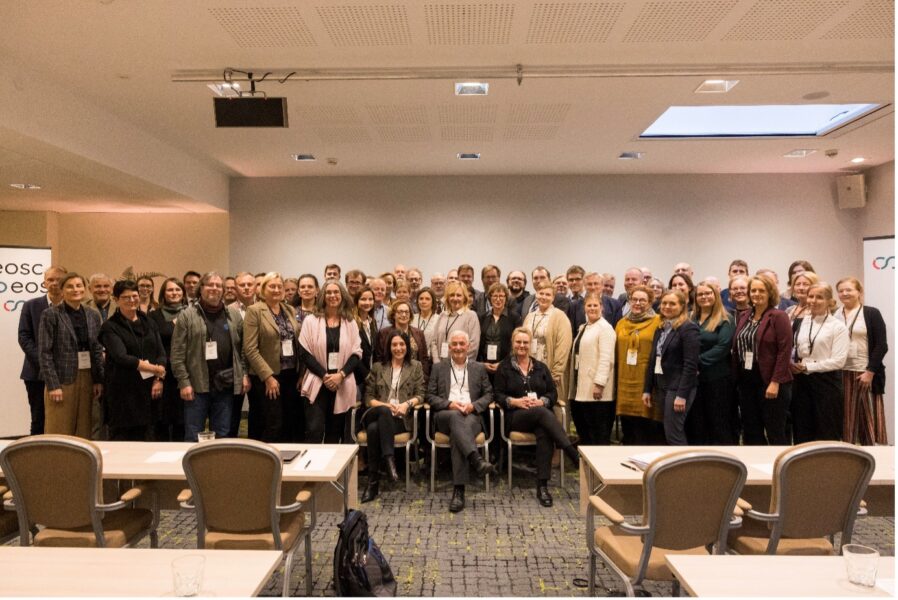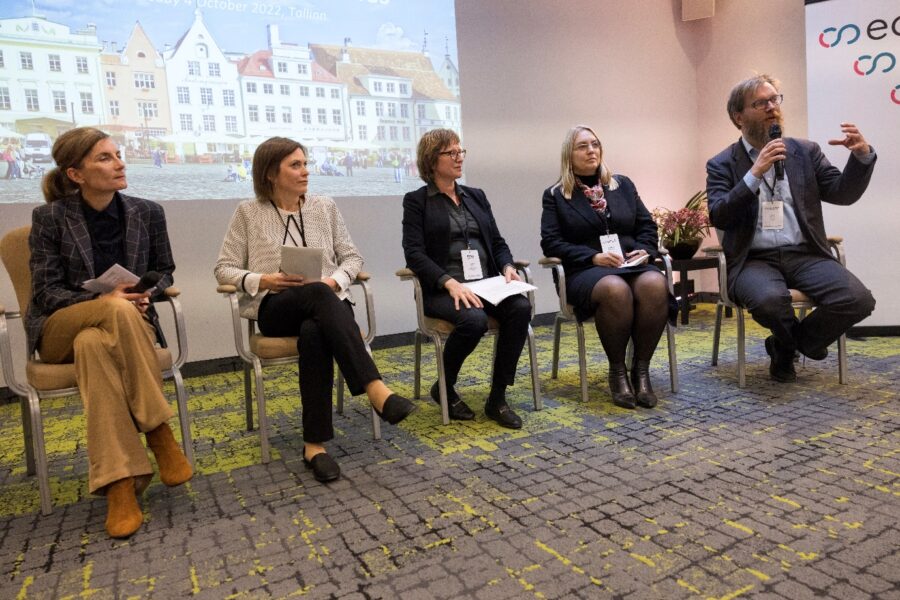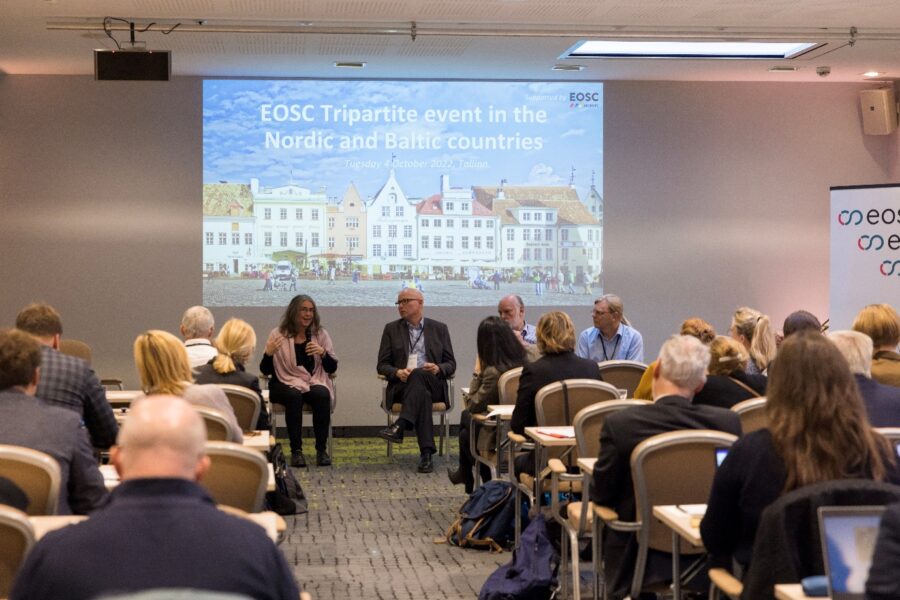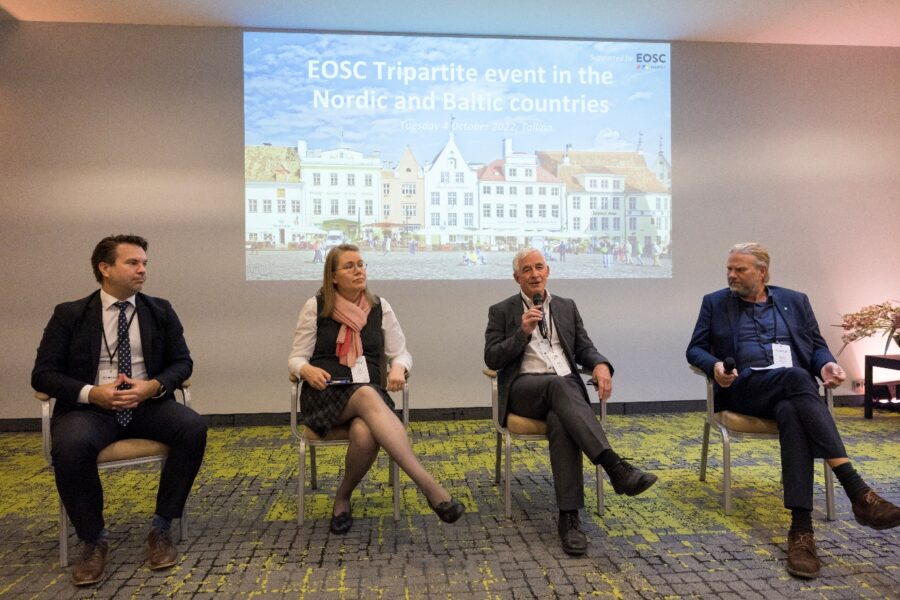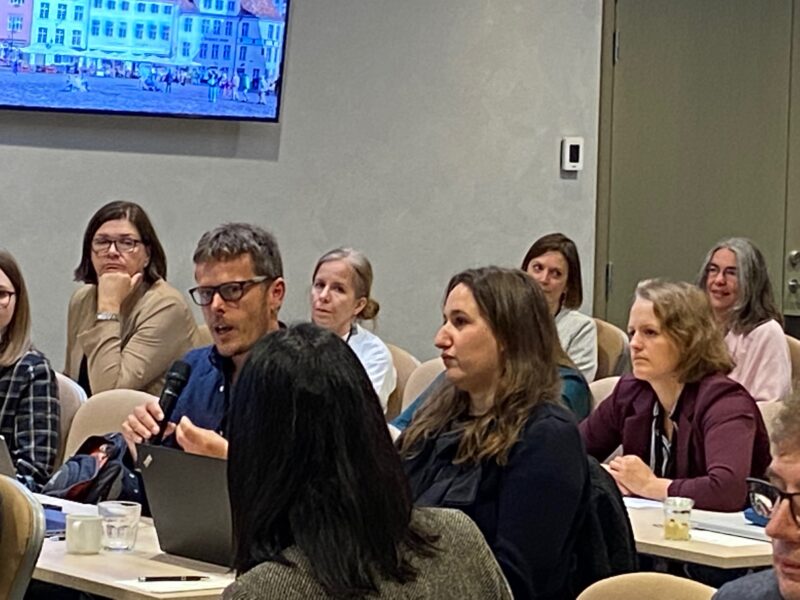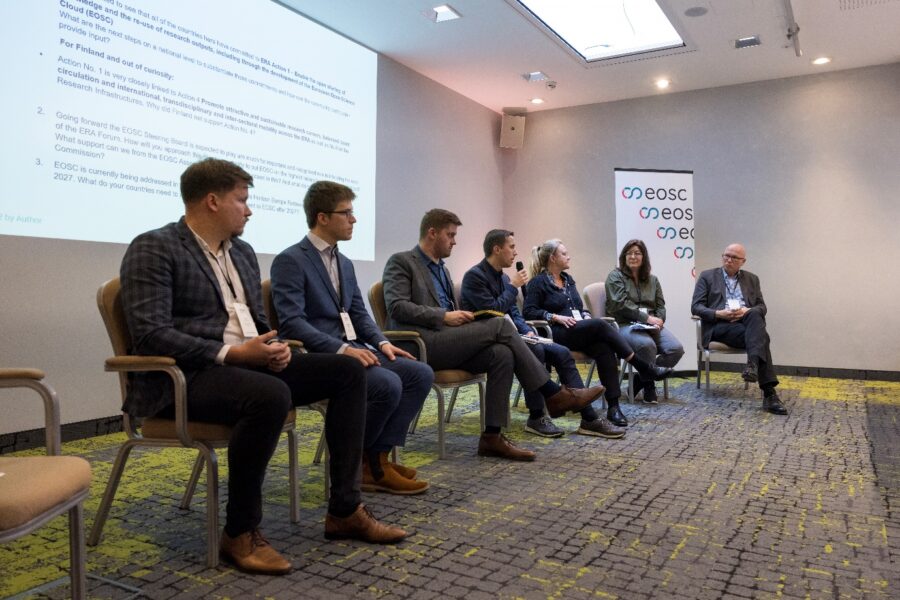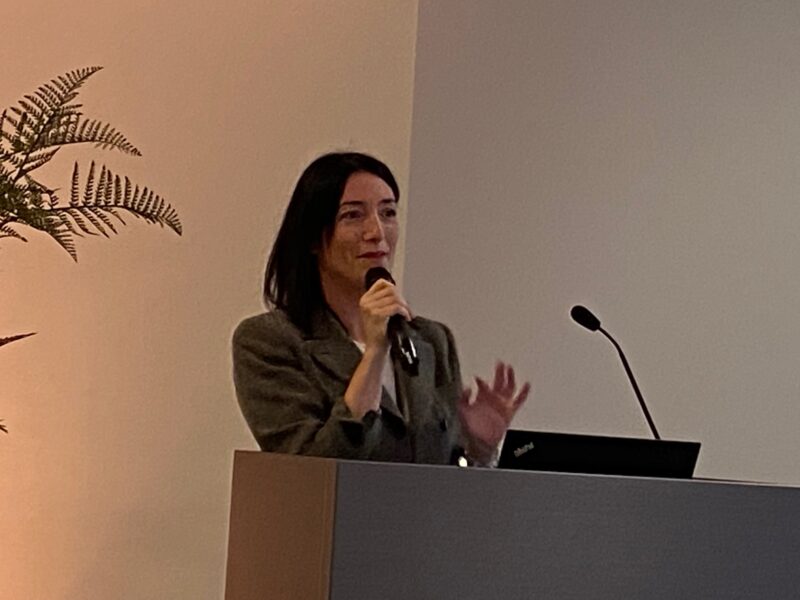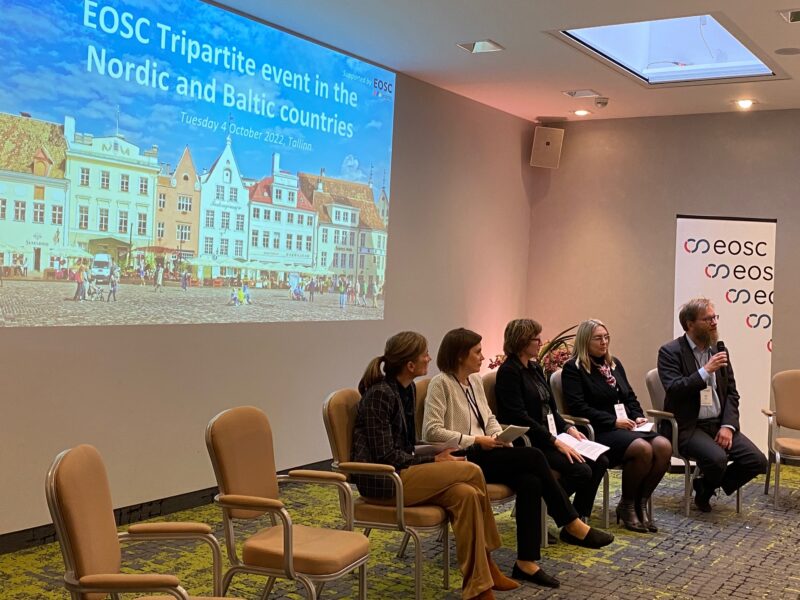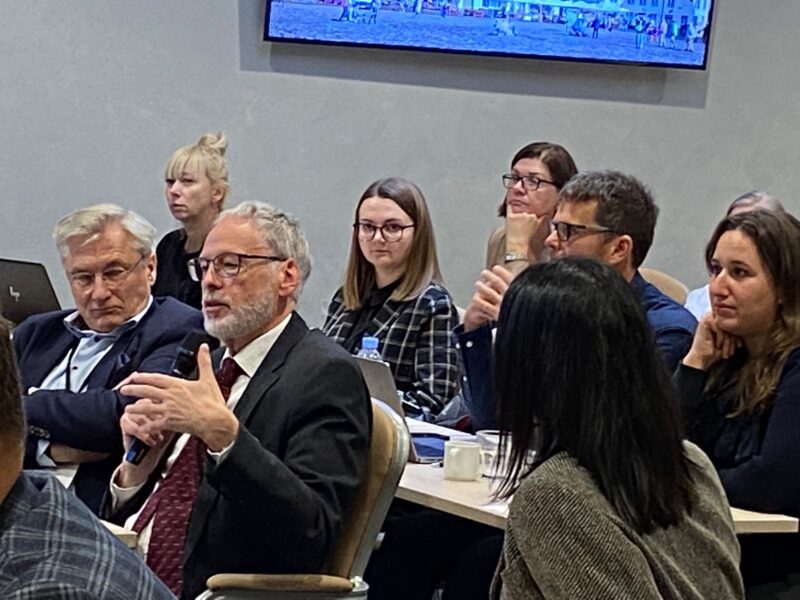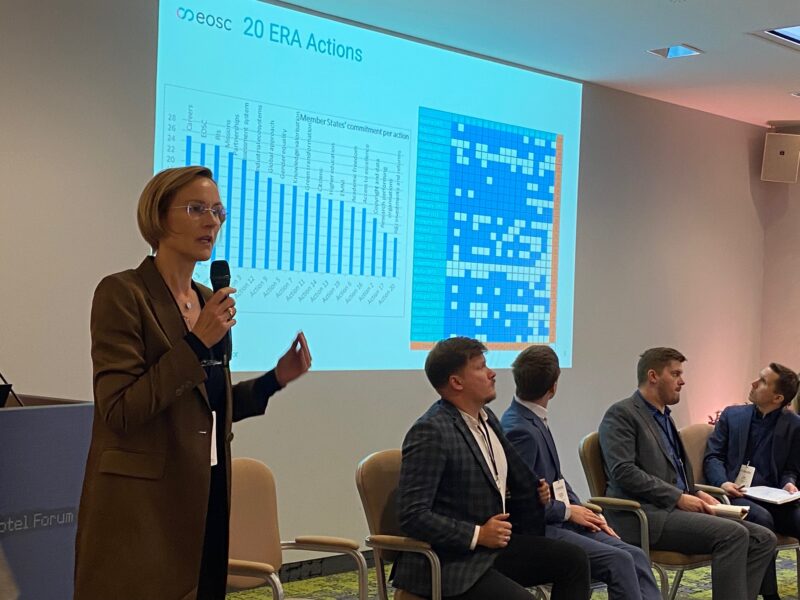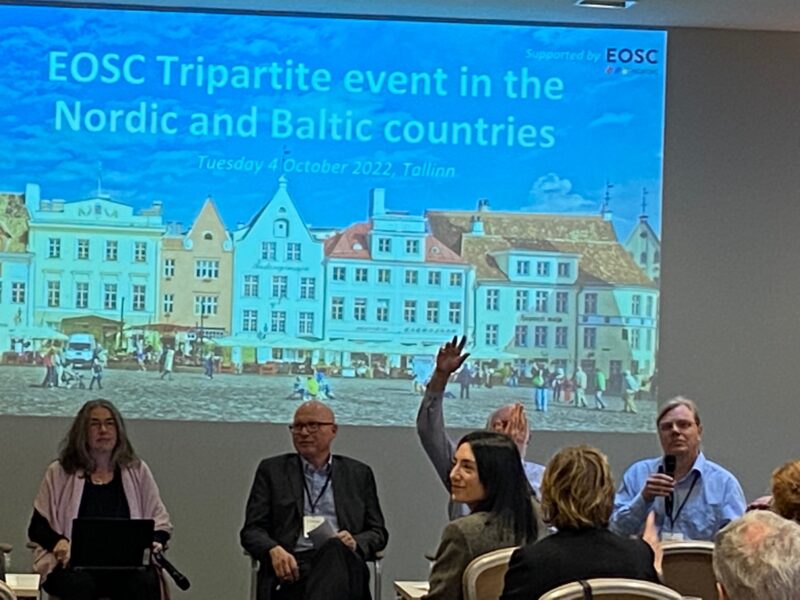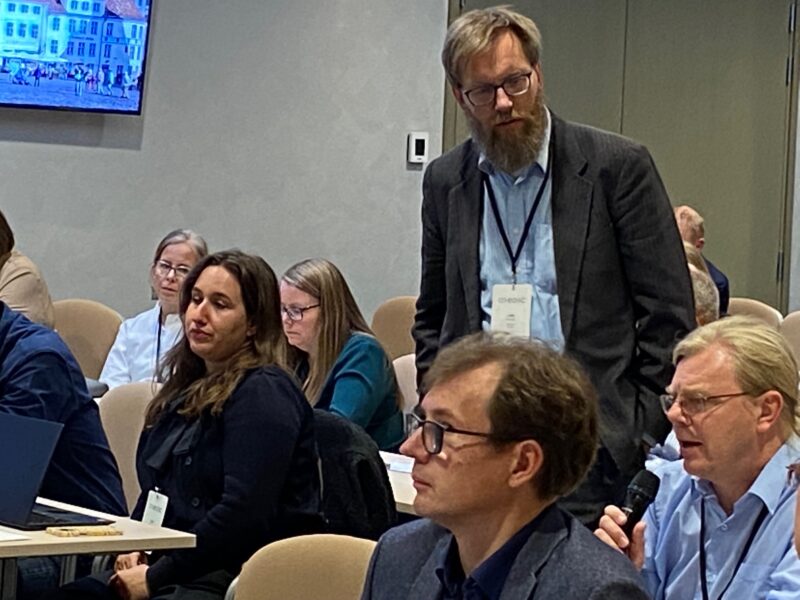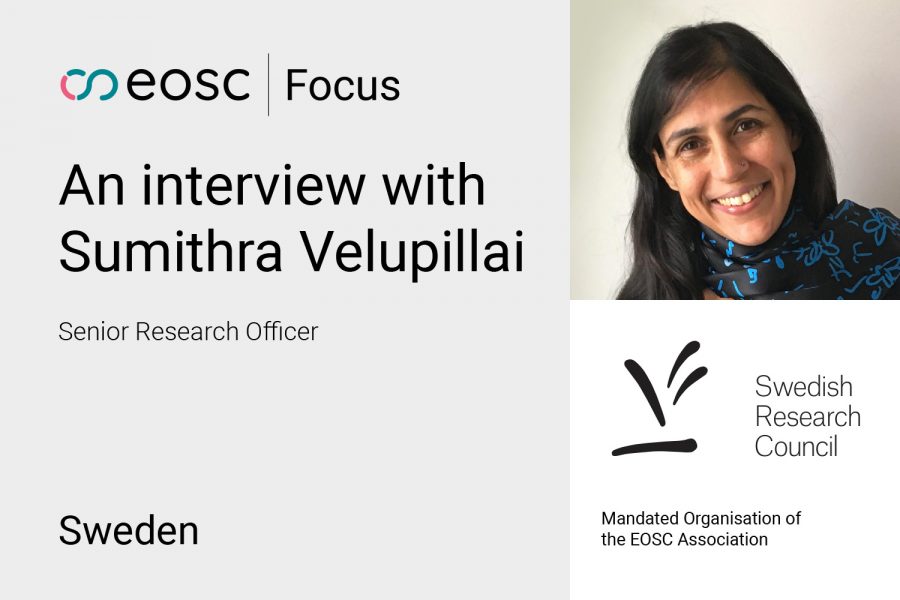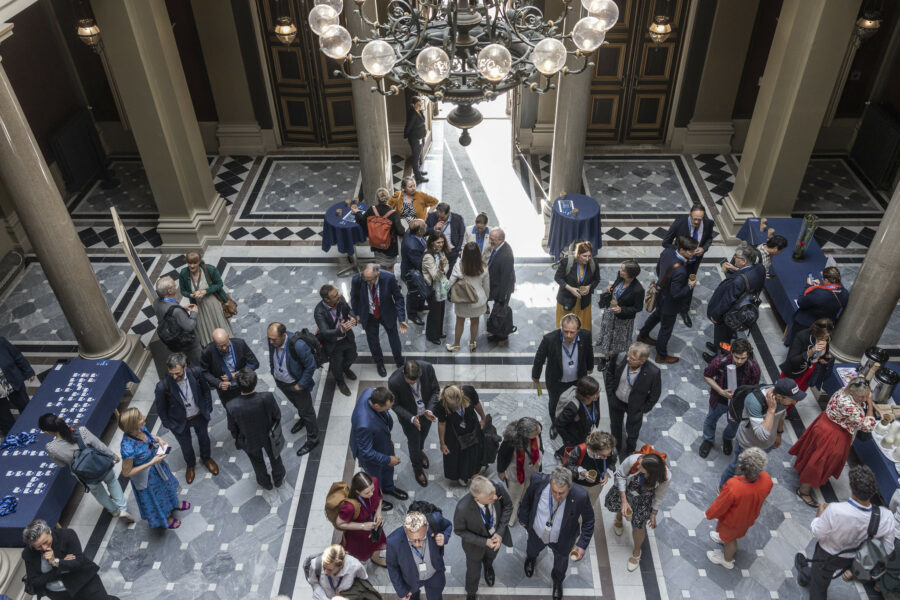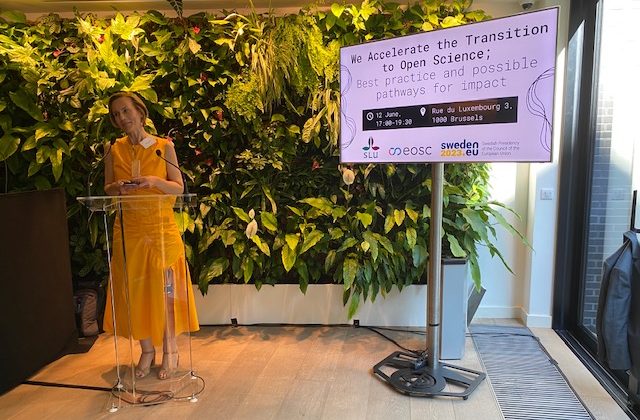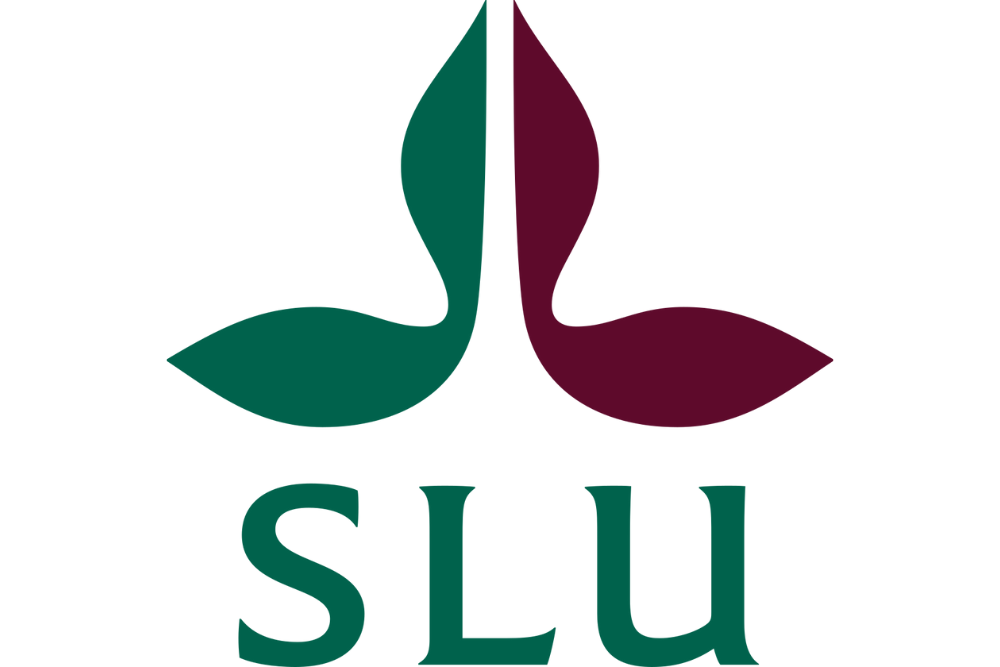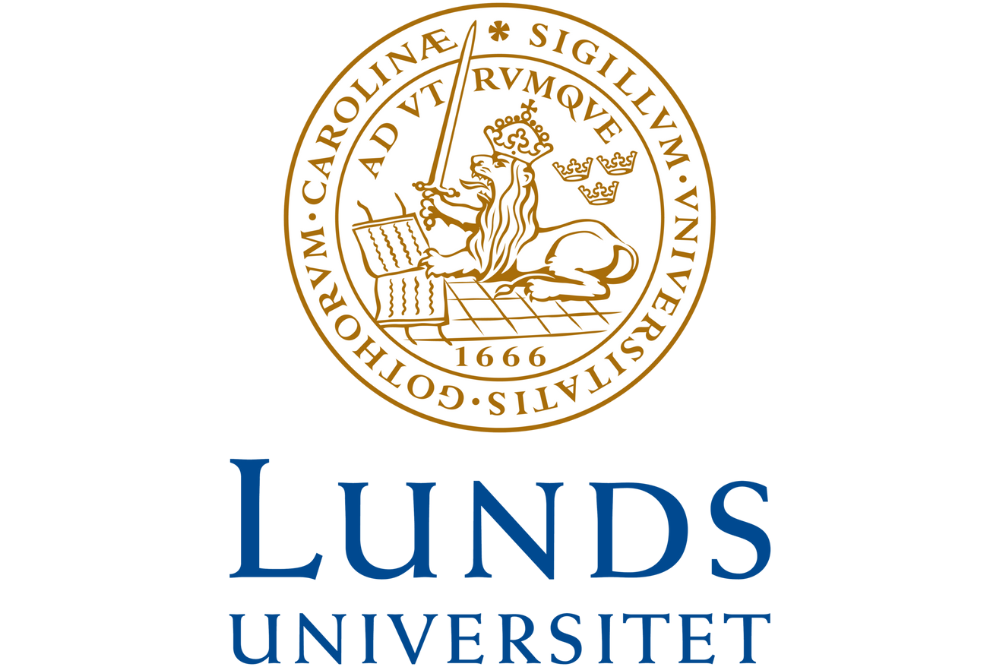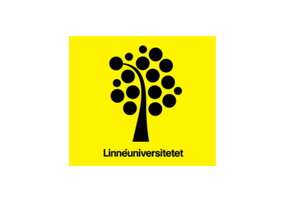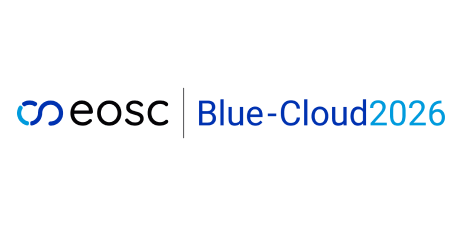
Sweden
Overview
European Commission
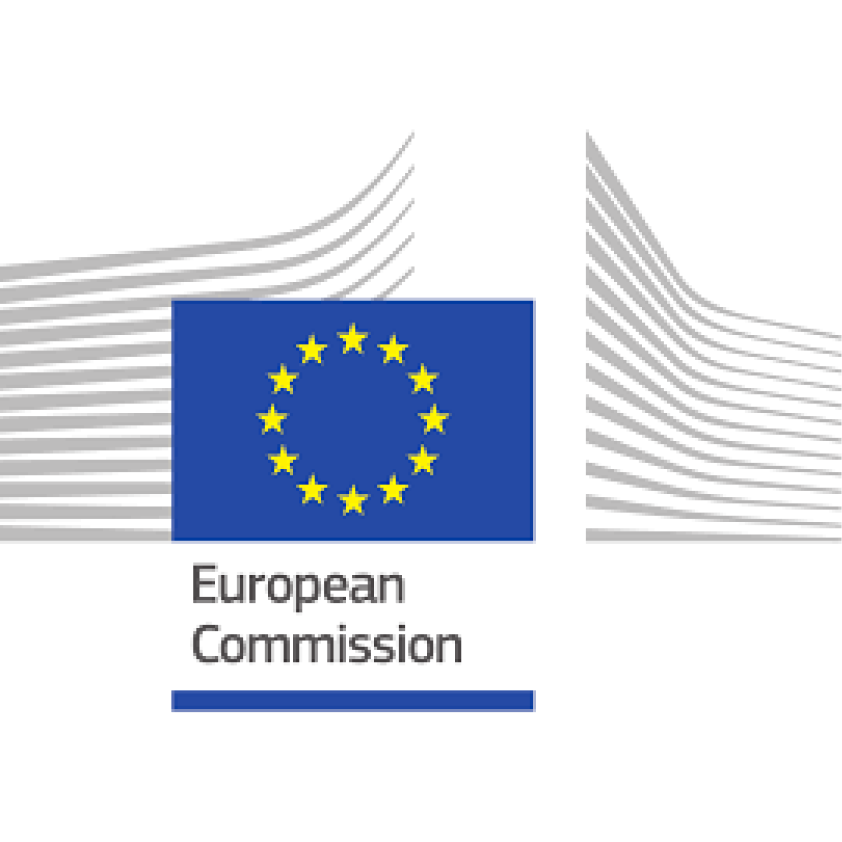
Mandated Organisation
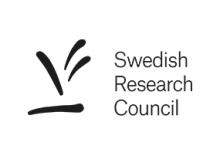
EOSC Steering Board representatives
The Swedish Research Council is Sweden’s largest governmental research funding body. It advises the government on research policy and is tasked to coordinate, follow up and promote the collaboration in Sweden in the transition to open access to research data. Since August 2022, the Research Council also coordinates and promotes the Swedish engagement in EOSC.
The National Library has an equivalent assignment from the Government on open access to scholarly publications and has developed the national guidelines on open science published in 2024.
Higher education institutions (HEIs), for their part, are expected to promote the transition to an open science system through research and education environments that support, encourage and provide information on open science as a practice. The Association for Swedish Higher Education Institutions (SUHF) provides the HEIs with an internal coordination forum for issues relating to higher education policy, such as open science. To support the implementation of open science and EOSC, SUHF has produced a Roadmap for Open Science that provides guidance and recommendations for the HEIs to achieve the Government’s target scenario of transitioning to an open scientific system by 2026.
In addition, several organisations and universities engage in the development of the EOSC through coordinated national activities, projects and as members of the EOSC Association.
Links to:
The National Reference Group for EOSC supports the Swedish Research Council in their role as the mandated organisation. Stakeholders engaged in the EOSC Association, including EOSC-A member organisations and universities represented through SUHF, are represented in the group. The aim of the National Reference Group for EOSC is to ensure through dialogue, convened and chaired by the Swedish Research Group, that stakeholders’ perspectives are represented in the EOSC Partnership. In order to support the national objective of transitioning to Open Access to research data the National Reference Group for EOSC is integrated into a larger reference group for Open Access and EOSC.
National Events
Tripartite Event | Nordic & Baltic Countries
The tripartite national actors in the Nordic and Baltic countries organise their first EOSC tripartite event in Tallinn on Tuesday, 4 October 2022, with the support of the EOSC-Nordic project. Representatives from the European Commission, EOSC Association, Nordic and Baltic...
Policies
The Swedish Research Bill (Knowledge in collaboration for society’s challenges and strengthened competitiveness, 2016/17:50) adopted in April 2017 states that “all scientific publications resulting from publicly funded research should be made openly accessible immediately upon publication”. It also states that the research data on which these scientific publications are based should be made openly available. The target scenario is that a transition to an open science system should be fully implemented in Sweden by 2026.
The Swedish Research Council is committed to the national goal and has produced a vision, guiding principles and recommendations for open access to research data: The way towards open access to research data
In addition, the national guidelines for promoting Open Science in Sweden, released by the National Library in January 2024 as a result of an open consultation process, support organizations in this field and help in building a collaborative and transparent path towards Open Science in Sweden.
The SUHF National Roadmap for Open Science, produced in collaboration with several Swedish universities and published in 2022, aims to clarify the responsibilities of Higher Education Institutions (HEIs) and the measures required to accelerate work on open access to research data and research results at the HEIs.
People
- Interview at EOSC Symposium, September 2023, Madrid
Sumithra Velupillai
Senior Research Officer, Swedish Research Council
-
Swedish national policy event
12 October 2023, Stockholm -
NTE Nordic & Baltic
4 October 2022, Tallinn
News from Sweden
Members and Observers from Sweden
EU Projects
Please find here the EOSC-related projects where members from this country are involved as partners.










































